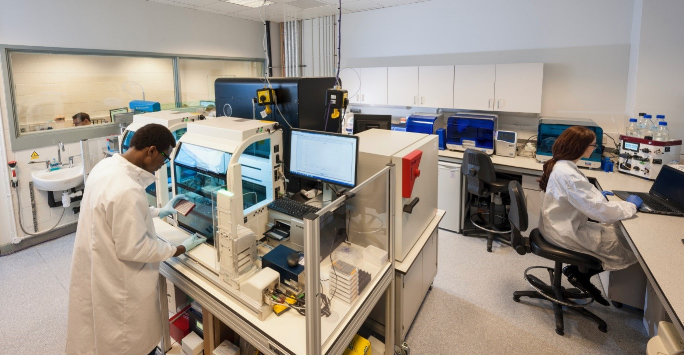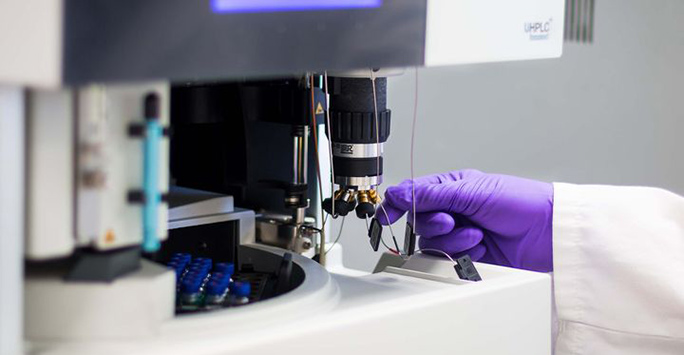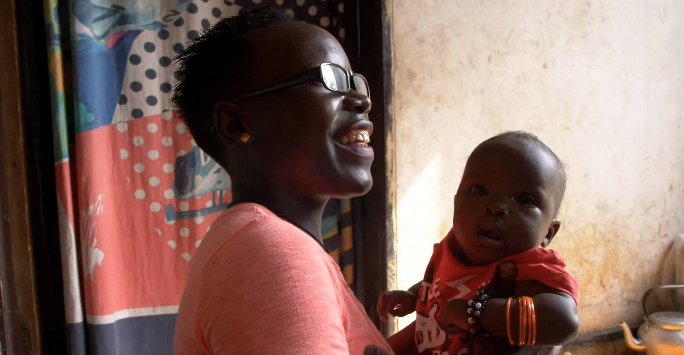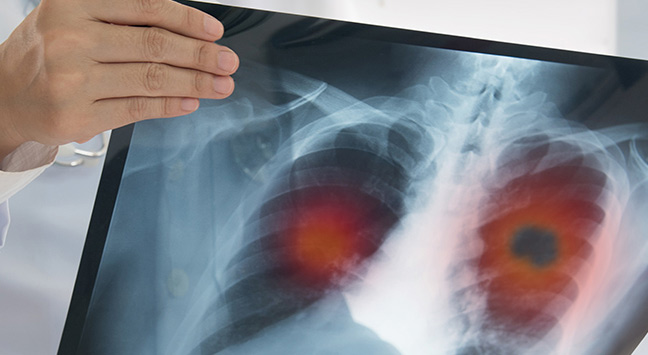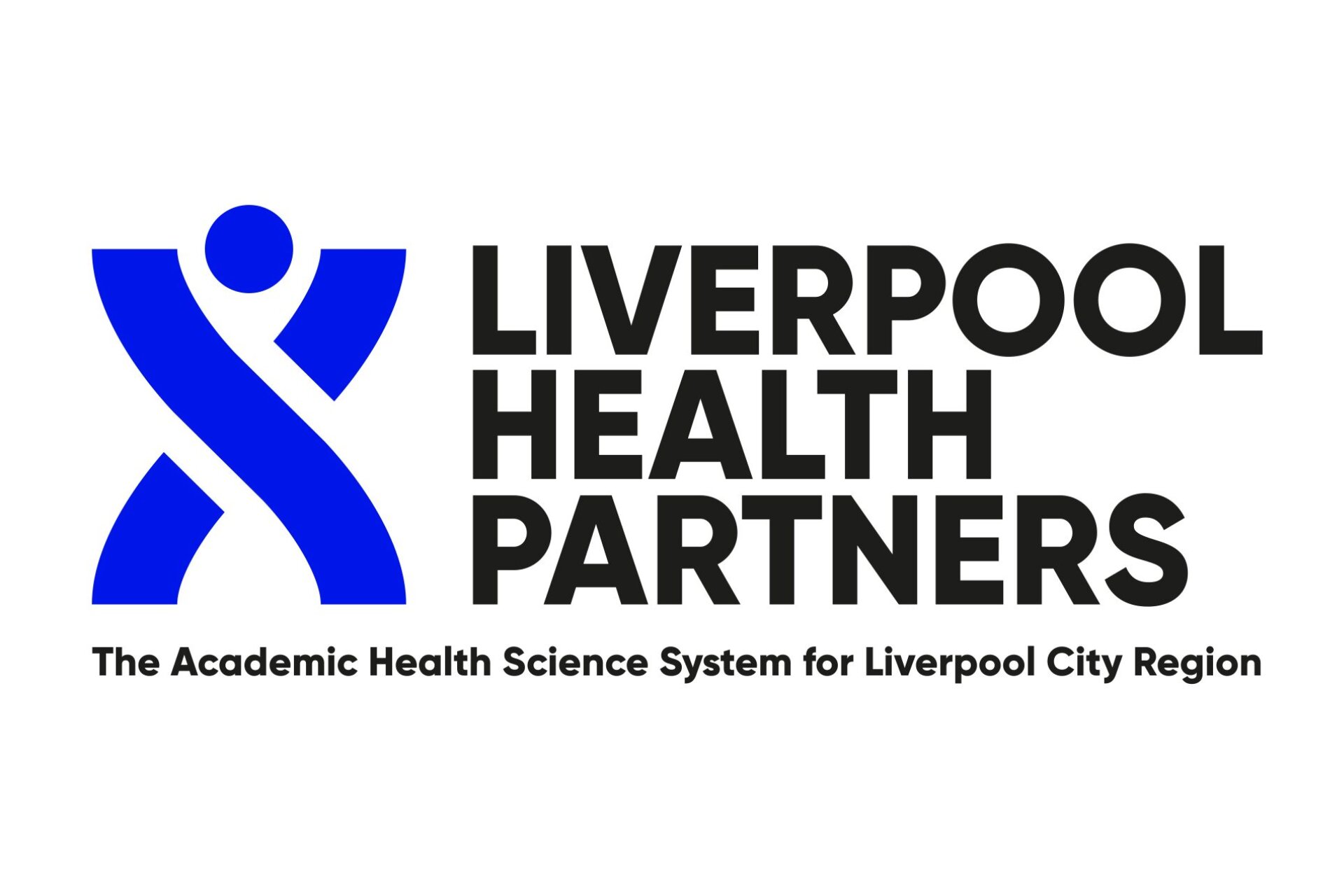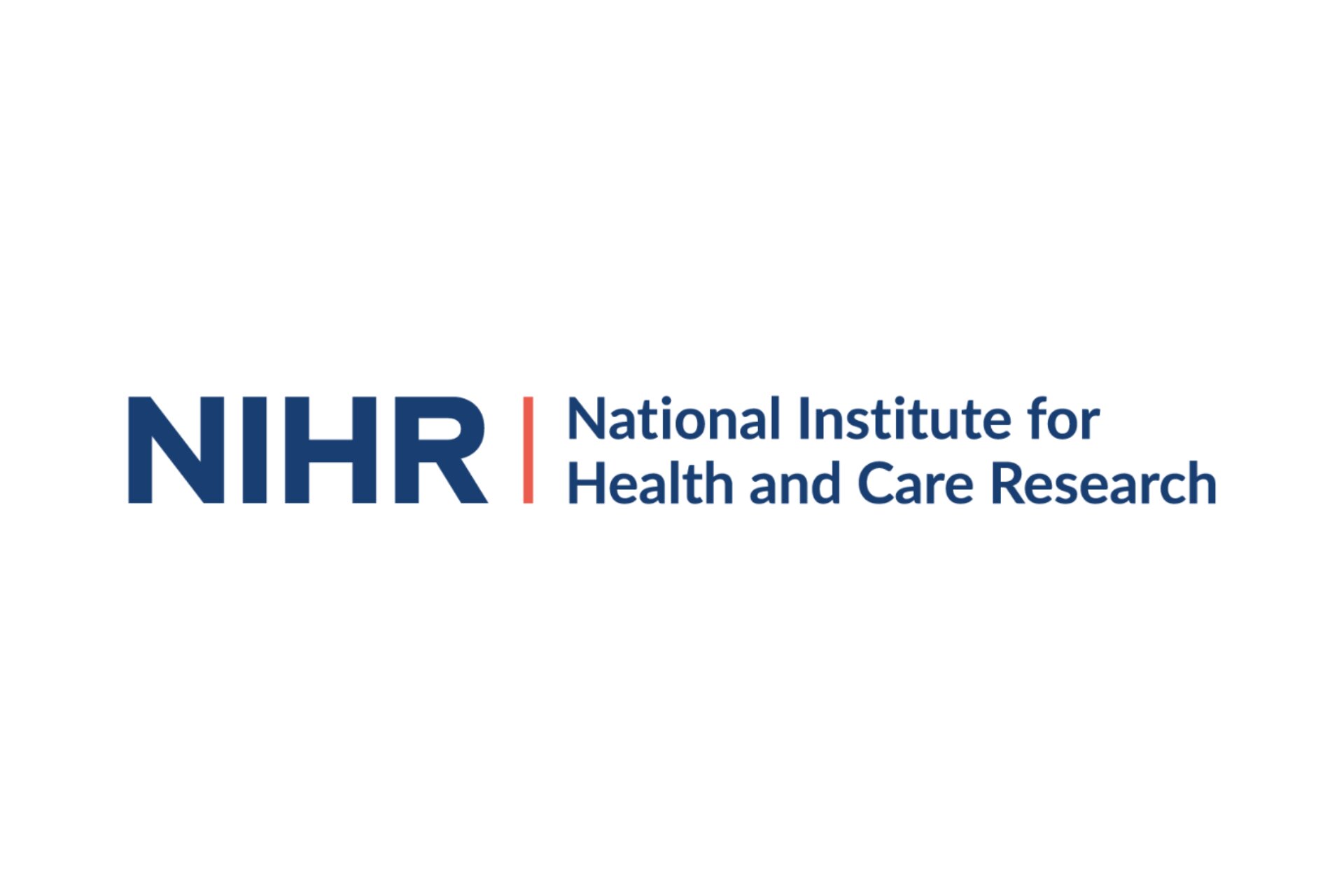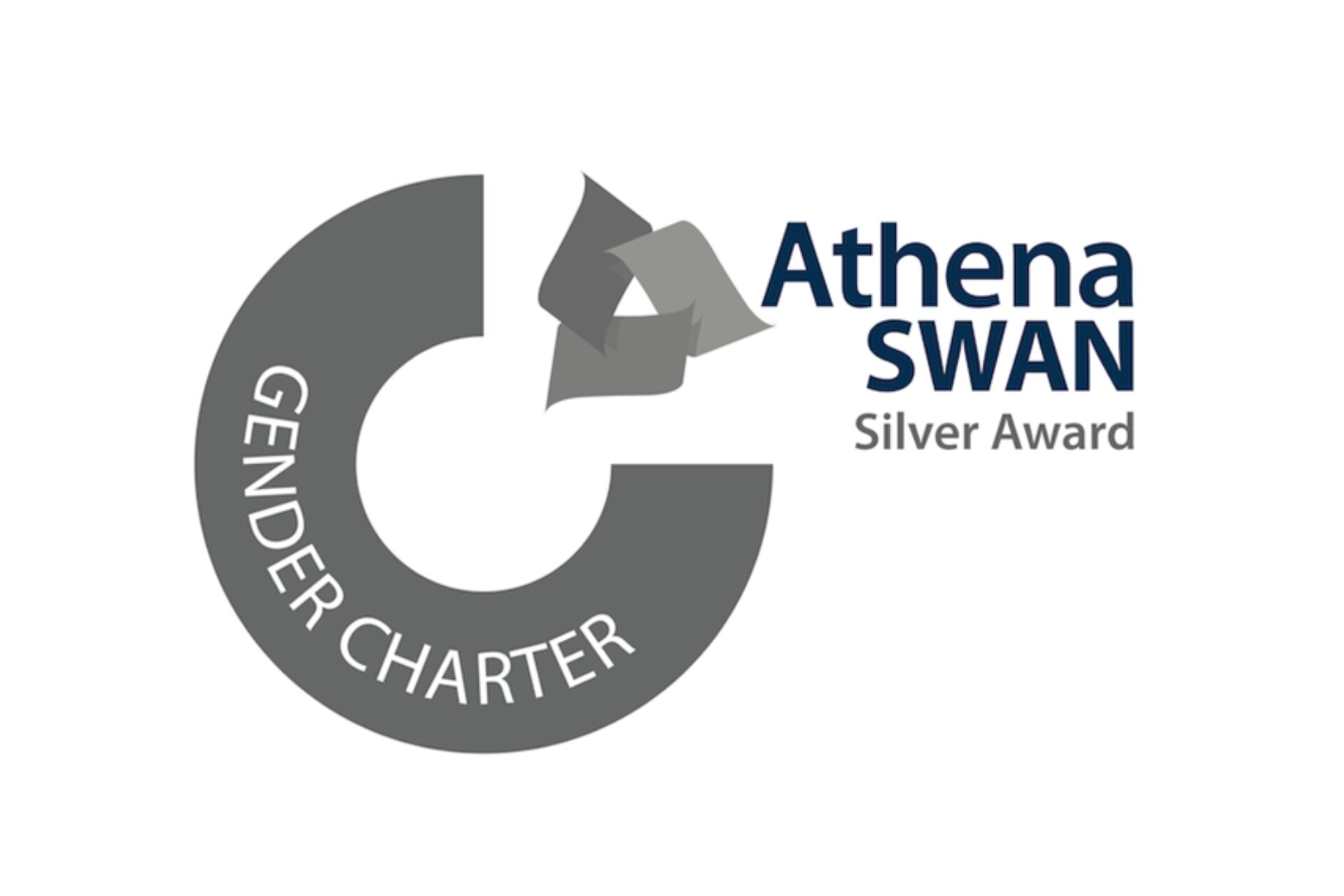Pharmacology and Therapeutics
Our international, multidisciplinary research spans life, physical and clinical sciences focused on investigating mechanisms of drug efficacy and toxicity. Our aim is to develop new, and improve existing, therapies for the benefit of patients.
We are a Queen’s Anniversary award-winning department internationally recognised for excellence in innovative research.
Our expertise lies in several areas of clinical and fundamental pharmacology and therapeutics and our state-of-the-art facilities enable scientists and clinicians to seamlessly work together in collaborative research.
Our aim is to improve patient care through the development of better medicines that are safe and effective.
